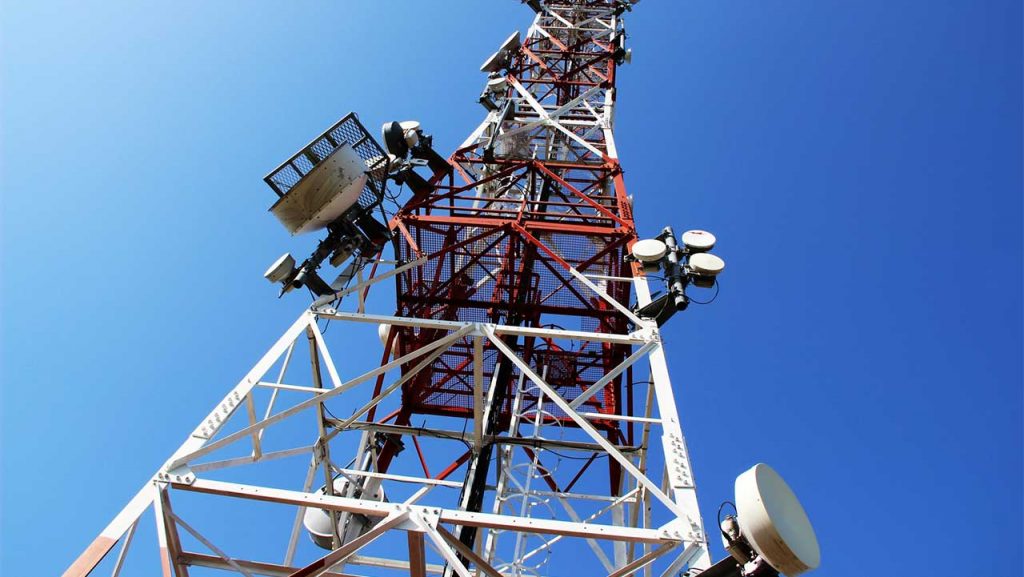Airtel Africa Plc was listed on the Nigerian Stock Exchange (NSE) on Tuesday 09 July through a cross border secondary listing of 3.7 billon shares increasing Africa’s largest economy’s market capitalisation by $4.4 billion. The shares were listed at an offer price of NGN 363 per ordinary share on the main board of the NSE and at 80 pence on the main market, the London Stock Exchange (LSE). The telecoms company seeks to liquidate its Indian parent company’s debt and deepen its presence across the continent. This floatation saw Airtel rally to third place on the NSE by market value that followed a lackluster Initial Purchase Offer (IPO) in London in June. At the end of day one of trading on the NSE, its shares closed 10% higher than its listing price. However, the stock price fell sharply by 10% on Wednesday 10 July, making it one of the top 5 decliners on the exchange.
The Airtel Africa Plc listing follows a similar listing that took place earlier in May, where competitor, MTN Nigeria Communications Plc also listed on the NSEs scoreboard in a $6.6 billion float making it the second largest company to be listed on the NSE by market value rallying behind Dangote Cement Plc. The stock jumped 10% before reversing almost 16 minutes after its debut. MTN Nigeria’s valuation was tainted by a taxation dispute with Nigerian authorities. This has inhibited its ability to list all its stocks and instead, the stocks will be listed in two stages. The first which took place in May allows for Nigerian investors who purchased stocks Over The Counter (OTC), before its listing on the NSE to trade them publicly. After the dispute is resolved, it is expected that MTN Nigeria will sell 79% of its stake.
Nevertheless, data on Wednesday showed that MTN Nigeria Communications Plc was among the NSE’s top 5 advancers with a 3.06% increase in price from Tuesday 09 July.
The moves by both Airtel and MTN Nigeria serve as positive signals that would attract foreign investors to further tap into and exploit African capital markets. However, the performance of stocks on the NSE have been generally poor due to depressed economic growth and the slow appointment of cabinet ministers following the recent election.
Written by Mutale Chewe

